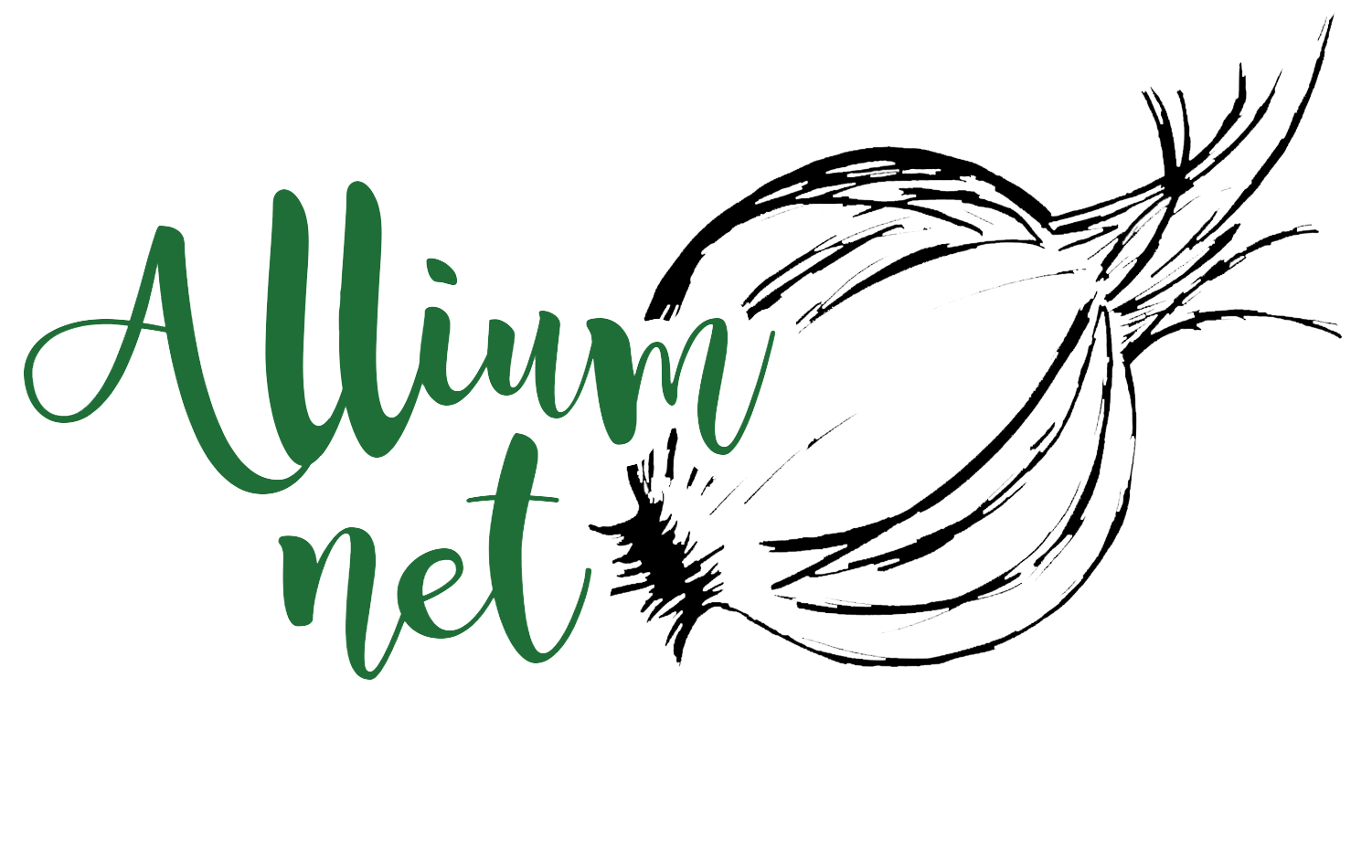Post Harvest Handling
“Advancing Onion Postharvest Handling Efficiency and Sustainability by Multimodal Quality Sensing, Disease Control, and Waste Stream Management”
Project Director – Dr. Changying “Charlie” Li at cyli@uga.edu
[Supported in Part by USDA-NIFA-SCRI Project No. 2009-02520]
Goal: Enhance onion postharvest handling efficiency and sustainability by integrating more efficient online sorting, reducing storage losses, and managing the waste stream of onions in relation to the following objectives:
- Enhance the efficiency of onion quality sorting by a multimodal sensing platform using X-ray and hyperspectral imaging technologies.
- Develop a gas sensing and tracing method for disease detection in storage and evaluate onion postharvest disease management practices.
- Manage the onion waste stream and mitigate environmental pollution using an anaerobic digestion system.
- Evaluate social implications and economic impacts of these technologies.
- Engage in outreach and technology transfer with stakeholders.
Members
Researchers, Collaborators & Advisors
SCRI – Post Harvest Handling
Changying Li, Biological / Agricultural Engineering Dep., University of Georgia, Tifton, GA 31793, cyli@uga.edu
Ron Gitaitis, Plant Pathology Dep., University of Georgia, Tifton, GA 31793, dronion@uga.edu
Gary Hawkins, Biological / Agricultural Engineering Dep., University of Georgia, Tifton, GA 31793, ghawkins@uga.edu
Dan MacLean, Horticulture Department, University of Georgia, Tifton, GA 31793, dmaclean@uga.edu
Krishna Mohan, Plant Pathology, University of Idaho, Parma, ID 83660, kmohan@uidaho.edu
Joseph Molnar, Dep. of Agricultural Economics and Rural Sociology, Auburn University, Auburn, AL 36849, molnajj@auburn.edu
Kimberly Morgan, Ag Economics Dep., Mississippi State University, Starkville, MS 39762, morgan@agecon.msstate.edu
Robert Shewfelt, Food Science Dep., University of Georgia, Athens, GA 30602, shewfelt@uga.edu
Howard Schwartz, Plant Pathology, Colorado State University, Fort Collins, CO 80523, howard.schwartz@colostate.edu
Chi Thai, Biological / Agricultural Engineering Dep., Athens, Ga 30602, thai@engr.uga.edu
Dr. Christy Hoepting, Extension Vegetable Specialist, Cornell University, NY
Dr. Claudia Nischwitz, Plant Pathologist, University of Arizona, AZ
Dr. Xianting Li, Engineer, Tsinghua University, Beijing, China
Dr. David Langston, Extension Vegetable Disease Specialist, University of Georgia, GA
Dr. Norman Schmidt, Chemist, Georgia Southern University, GA
Dr. Ralph Cavalieri, USDA Multistate Project W1009 Administrative Advisor;
Mr. Reid Torrance, Tattnall County Coop. Extension Service, Reidsville, GA;
Mr. Wayne Mininger, Executive Vice President of the National Onion Association;
Mr. Robert Sakata, onion grower and President of the Colorado Onion Association;
Mr. Michael Hively, onion grower and President of Vidalia Onion Committee, GA;
Dr. Lynn Jensen, onion specialist, Oregon State University;
Mr. Brooks Lee, President of Durand Wayland Inc., LaGrange, GA;
Mr. David Burrell, President of the National Onion Labs Inc., Collins, GA;
Dr. Chuck Boelkins, Industrial Ecologist, Pollution Prevention Assistant Division (P2AD), Atlanta, GA.
Storage Diseases
Disease Management
- Double-cropping onions behind pearl millet or corn to prevent sour skin
- Chemical trench tests
- Sulfure dioxide and ozone treatments
- Effects of bactericide and fungicide in preh-harvest to storage shelf life
Post Harvest Detection
Sensing in Storage
Rot onion detection in storage
- Volatile identification using gas sensors: Electronic nose, zNose, customized gas sensors
- Source identification CFD simulation modeling
Waste Stream
Critical Issues in Waste Management
- Due to rough handling and disease, large portion of onions are discarded and end up in the waste stream
- 7-10% of the harvested onions could be culled or thrown away;68 million pounds in Georgia alone
- Environmental, economic, and social issue

Socioeconomics
Social & Economic Analysis
- Technological concerns (penetration, reliability, ease of use, and replication)
- Environmental concerns (global, local, and workplace)
- Social concerns (employment for packinghouse workers, and consumer acceptance)
- Economic analyses to determine production risk minimization levels
Executive Interviews Summary ‐General
Major concerns:
- Labor supply and regulation
- Water source and regulation
- End‐user complaints (one customer complaint could lose entire account!)
- Thrips
Storage losses: 9‐20% average
Reports & Minutes
2011
2010
Presentations & Publications
- July 1, 2010
- Holistic approach to advance onion postharvest efficiency and sustainability
- Onion is the third-largest fresh vegetable crop in the U.S. As a critical link between the farm and the consumer, postharvest handling plays a vital role in the onion industry. The current sorting and storage system is largely based on human inspection and unable to confront challenges like the growing demand for high-quality products from consumers, looming shortages in labor, and significant losses in storage due to lack of detection tools and management strategies. Discarded onions from the packinghouse or storage can lead to environmental pollution and increased disease pressure. The overarching goal of this SCRI Project is to advance the efficiency and sustainability of the onion postharvest handling through a systems approach and trans-disciplinary research and extension effort.

